-
Do Americans really frown with their mouths?
I saw this widely shared on Twitter and wondered if this frown analysis were an oversimplification of reality: On the other hand, it may be true. It would explain why (American-made) frowny emoticons have no eyebrows to speak of. This explains why the frowny emoticons have never looked satisfying to me. They just look mildly…
-
The Headless Bust by Edward Gorey Analysis
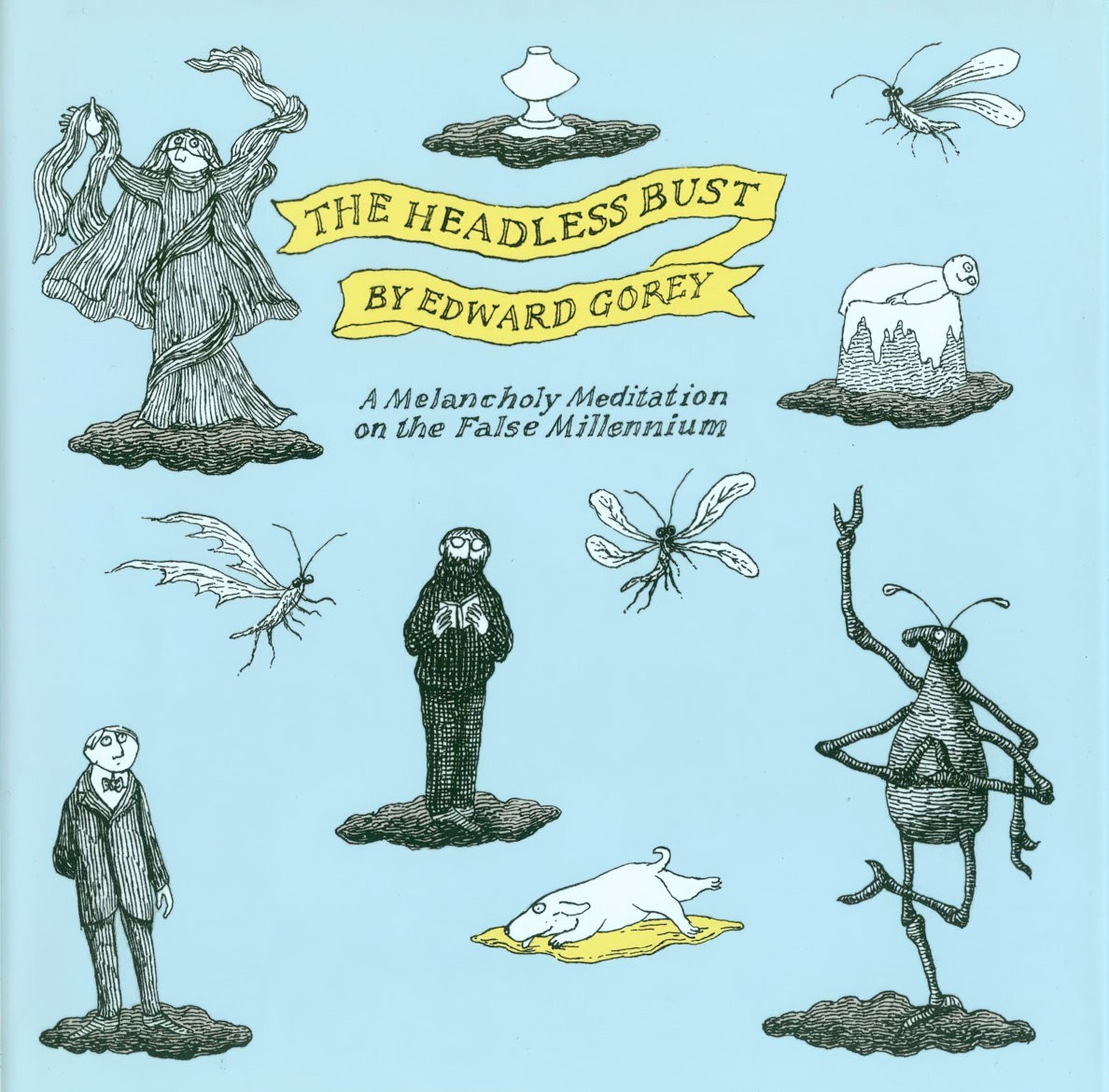
“The Headless Bust” is the sequel to “The Haunted Tea-Cosy”, which I tried to decipher the other day (with limited success). This one is actually a little easier to understand and we are basically given a pass for not understanding it anyway:
-
The Haunted Tea-Cosy by Edward Gorey Analysis
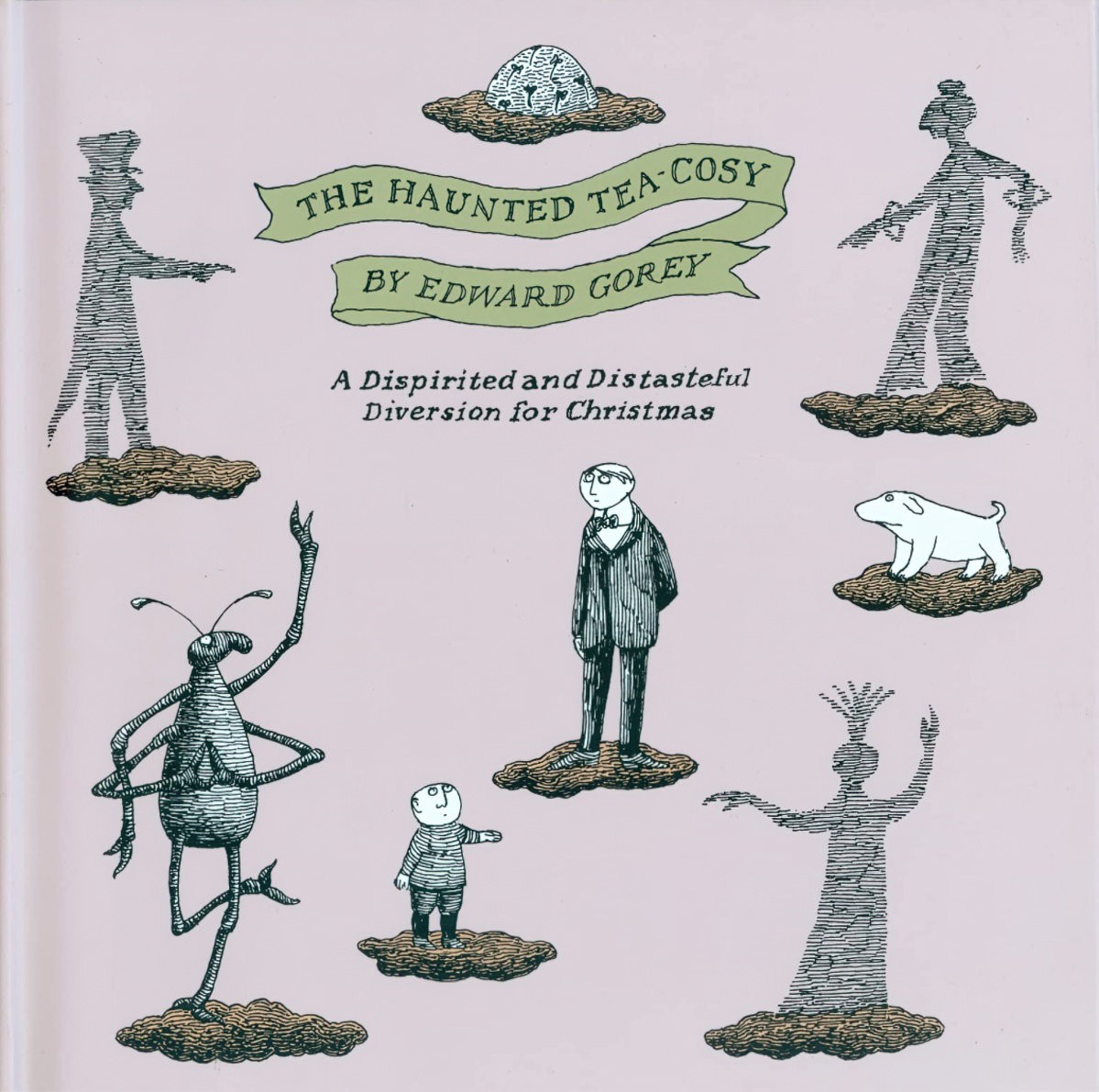
Edward Gorey was an American writer and illustrator who died in the year 2000. The Haunted Tea-Cosy: A Dispirited and Distasteful Diversion for Christmas is a picture book for adults, based on the cartoons first published in the December issue of the New York Times Magazine, 1997. Bloomsbury picked it up in an early-Internet era…
-
The Pigeon Wants A Puppy by Mo Willems Analysis
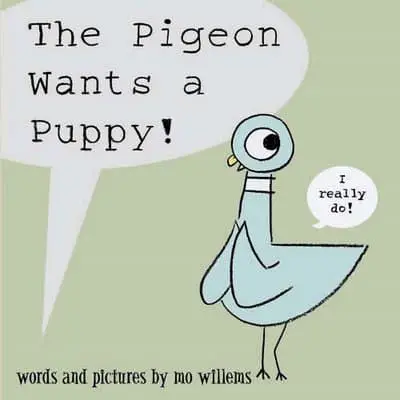
The Pigeon Wants A Puppy by Mo Willems is one of my kid’s favourite books. The Pigeon books are similar to the Elephant and Piggie books in graphic design and in humour. STORY STRUCTURE OF THE PIGEON WANTS A PUPPY SHORTCOMING When I read this quote from the author/illustrator I knew that Willems thinks of…
-
Deals With The Devil In Storytelling
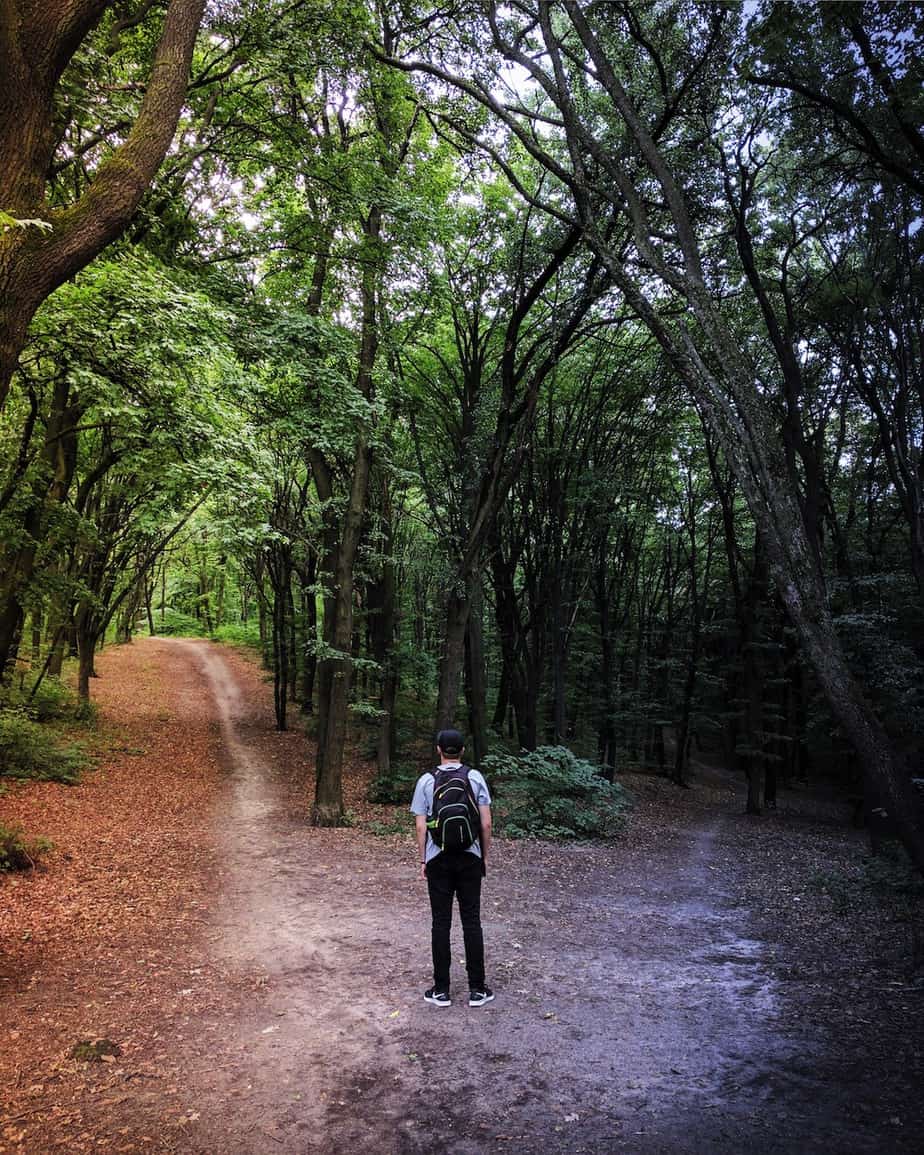
Humans have been making transactions with money for about 5000 years. Before that, our ancestors traded goods; before that, favours. We are a species highly attuned to swapping, making deals, owing favours and keeping stock. So it’s not surprising that we personify ‘fate’ or ‘life itself’ or God or whatever, and feel, deep down, that…
-
Pig the Winner by Aaron Blabey Analysis
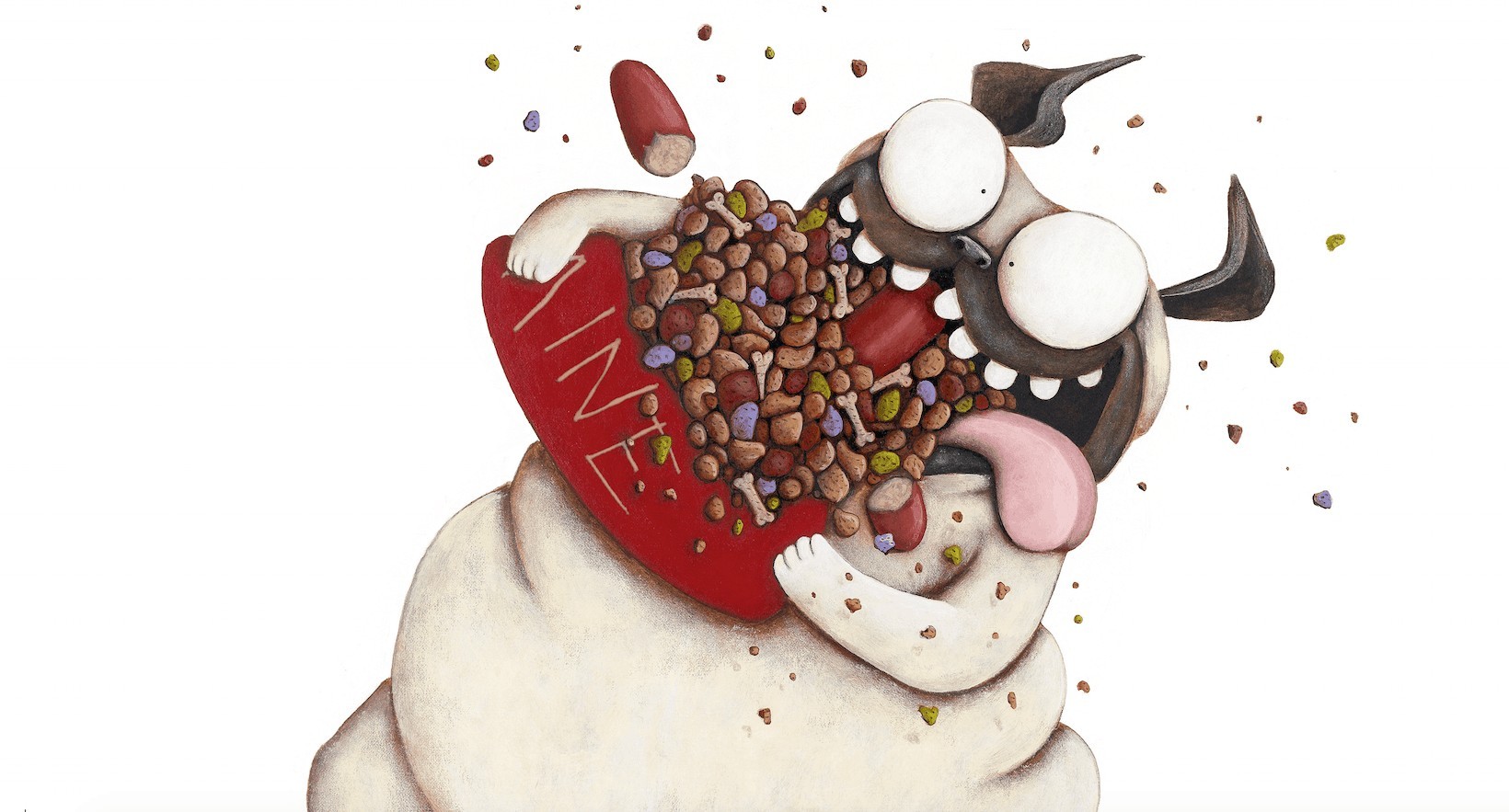
Pig The Winner, written and illustrated by Aaron Blabey, is another picture book in the widely-loved Pig The Pug series. I suspect these will become Australian classics in the same way the Hairy Maclary books became New Zealand classics. I pick and choose when it comes to Aaron Blabey books. Pig The Fibber, which felt…
-
When You Reach Me by Rebecca Stead Novel Study
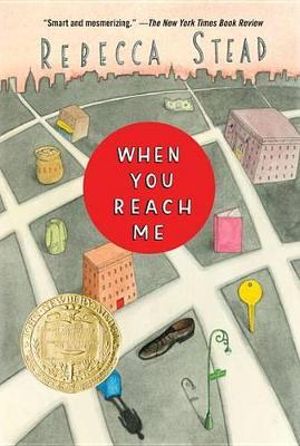
When You Reach Me by Rebecca Stead is ten years old now, published 2009. I’ve seen this middle grade novel described as magical realism, though for knotty political reasons we might prefer to call it fabulism. It is also science fiction and grounded in the real world. It packs a lot into 40k words. There…
-
If I Loved You by Robin Black Short Story Analysis
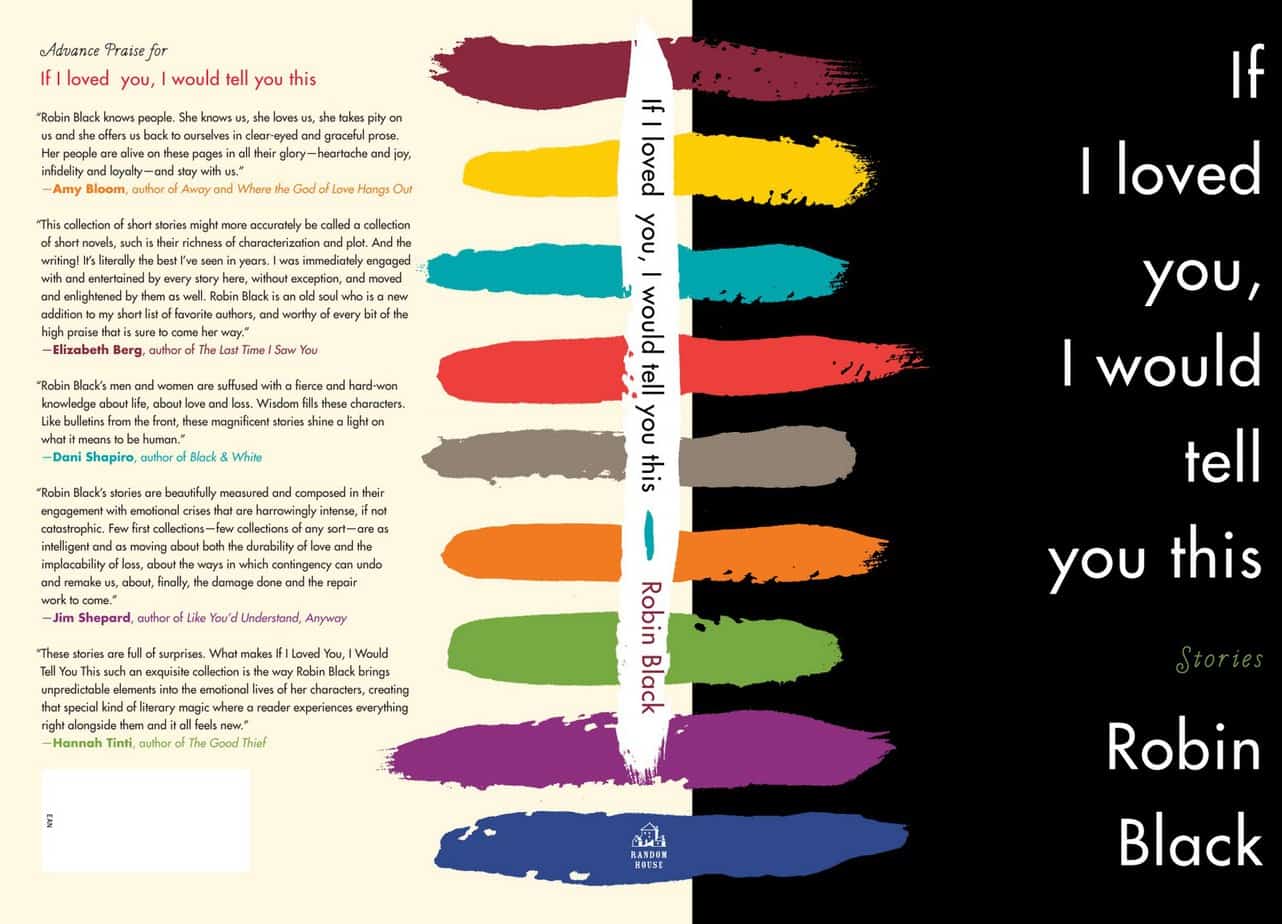
“If I Loved You” is a short story from a collection called If I Loved You, I Would Tell You This (2010), written by American author Robin Black. A woman dying of cancer writes an imaginary letter to her new neighbour, who has uncharitably built a fence along their boundary line. This fence prevents her…
-
Avoiding the word ‘crazy’

We are at a point now where ableist language is considered just that. Children’s book editors are editing it out. Yet some words, for instance ‘crazy’, are so frequent in everyday English it may seem ‘unnatural’ to leave it out.
-
Insults and Swearing In Children’s Literature
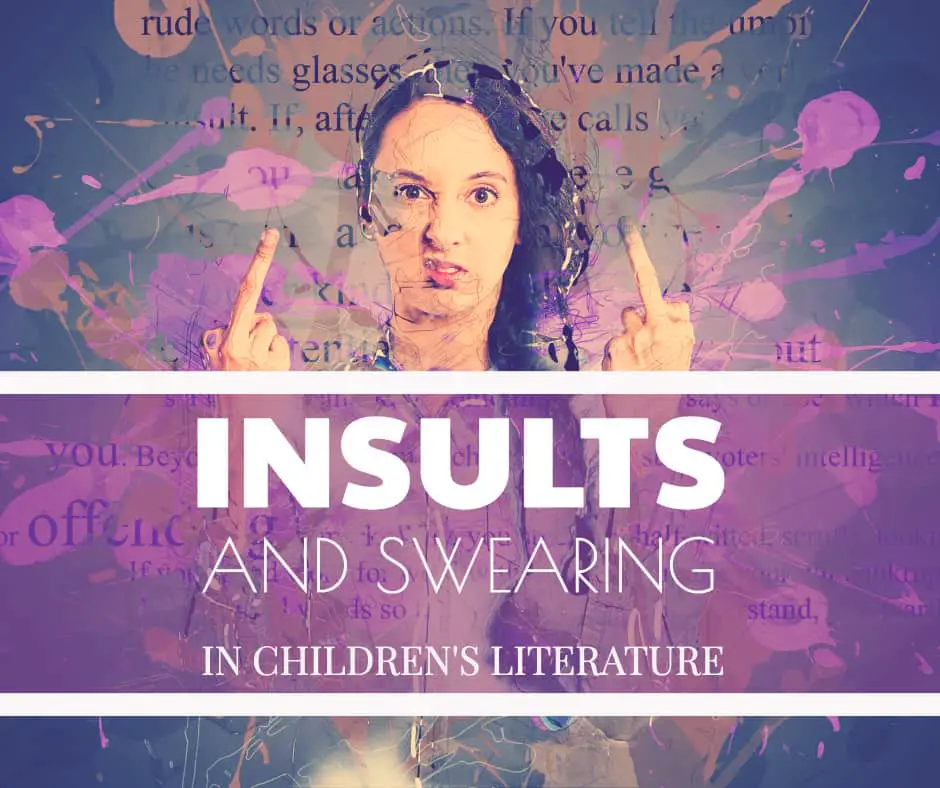
Sticks and stones can break our bones, but words can break our hearts. Tim Minchin A quandary for writers of middle grade fiction in particular: By about age ten, regular kids have heard all the insults out there. They may hear far more insulting language than adults do on a daily basis. (Did you get…
-
Hotels and Motels In Stories
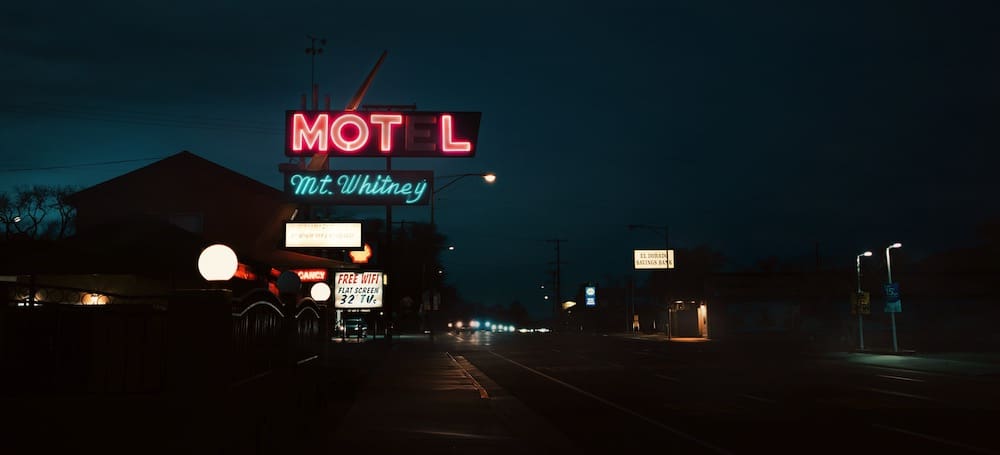
Hotels and motels, it seems, are inherently scary. My theory is that they fall into the uncanny valley of attempting to emulate home without actually being our home. Hotels and motels mimic the dream version of home, like when you ‘know’ within a dream that you’re ‘at home’, but the dream home is nothing like…
-
The Socially Aspiring Woman Comedy Trope
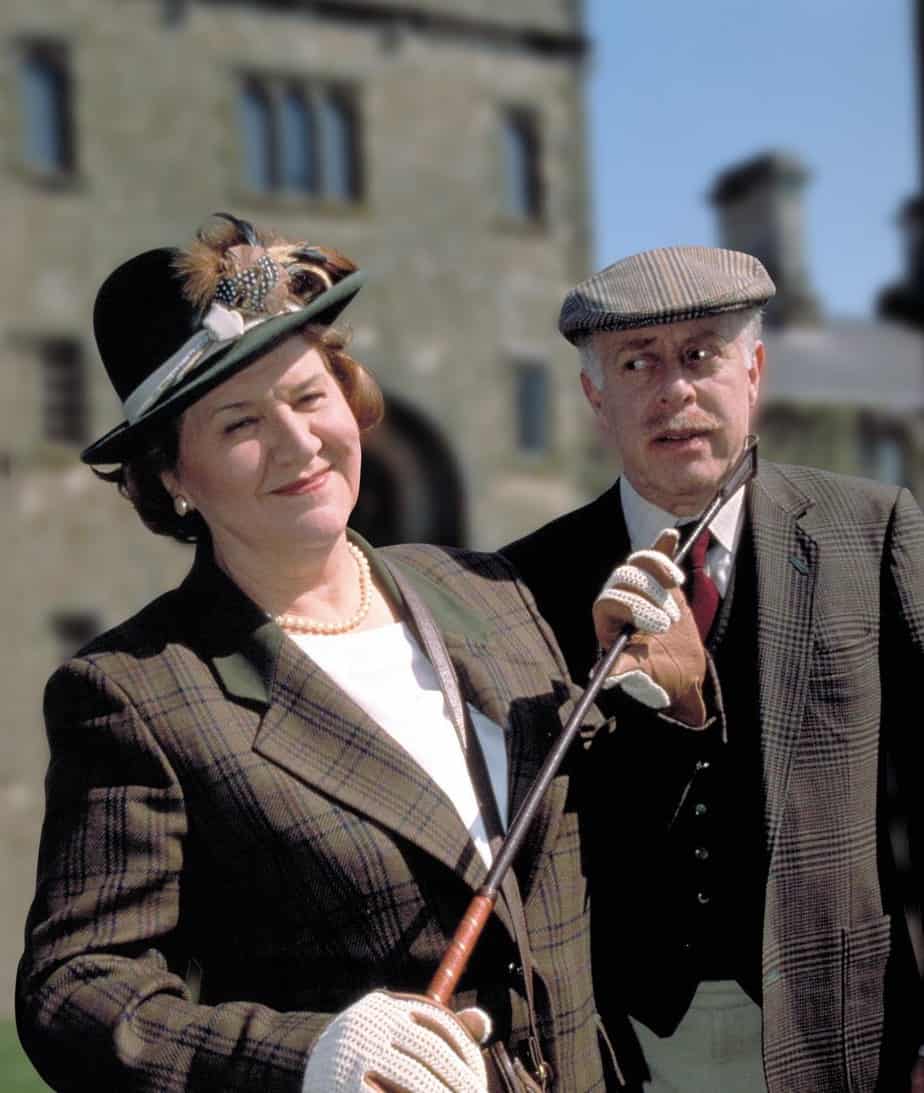
Recently the Woman’s Hour podcast talked about a gendered comedy trope which I’d never really noticed was gendered: the socially aspiring, snobbish female. Hyacinth Bucket is a standout example, along with: Linda Snell from The Archers Audrey fforbes-Hamilton from To The Manor Born Margo from The Good Life (Penelope Keith is especially good at playing…
-
Deep Holes by Alice Munro Short Story Analysis

“Deep Holes” is a short story by Alice Munro. You can find it in the June 30 2008 edition of The New Yorker. I’m very much reminded of Into The Wild by Jon Krakauer and the real life of Christopher McCandless. But “Deep Holes” is not the story of the son — it’s the story…
-
The Psychology of Hoarding

How is hoarding treated in fiction, if at all? In her short story “Free Radicals“, Alice Munro portrays a woman working through the recent loss of her husband. First, the way friends react — helpfully and unhelpfully. Funeral arrangements, immediate aftermath. Memories, both painful and beautiful, mixed in together to paint a portrait of a…
